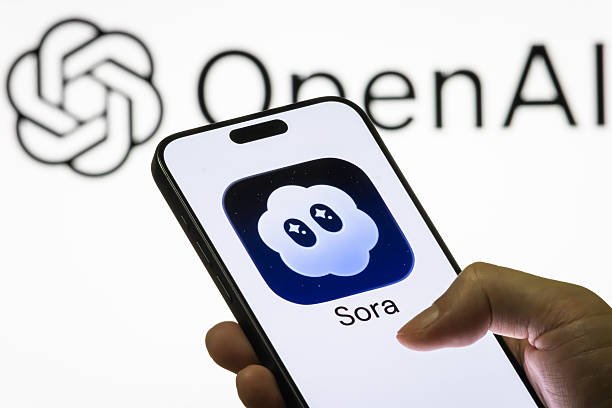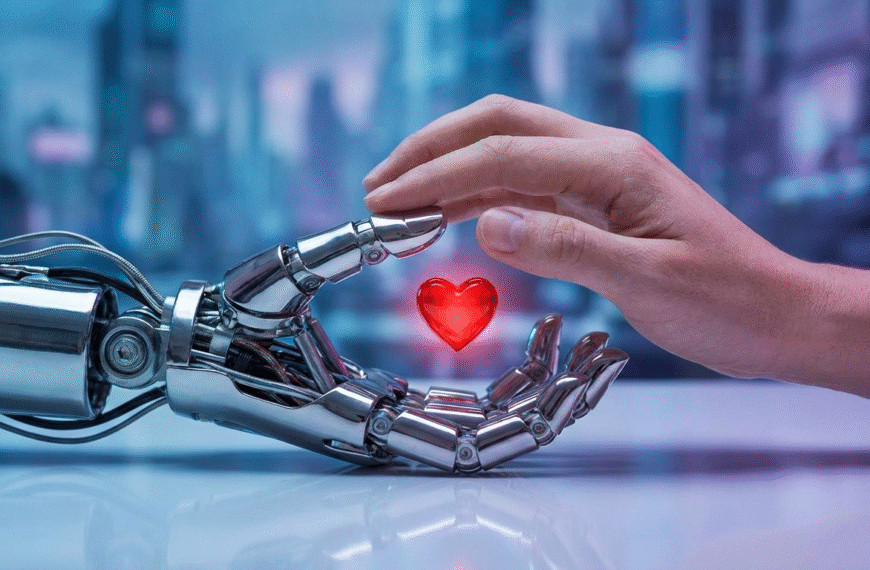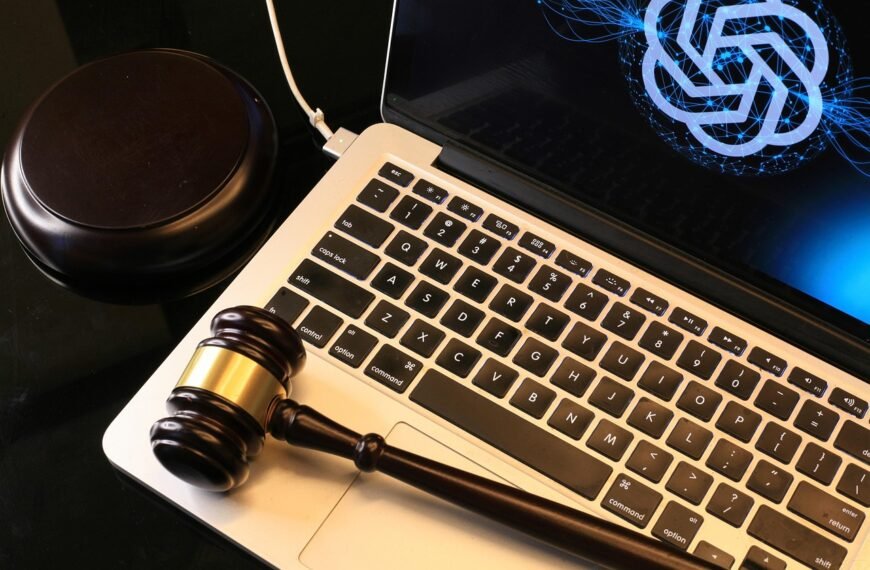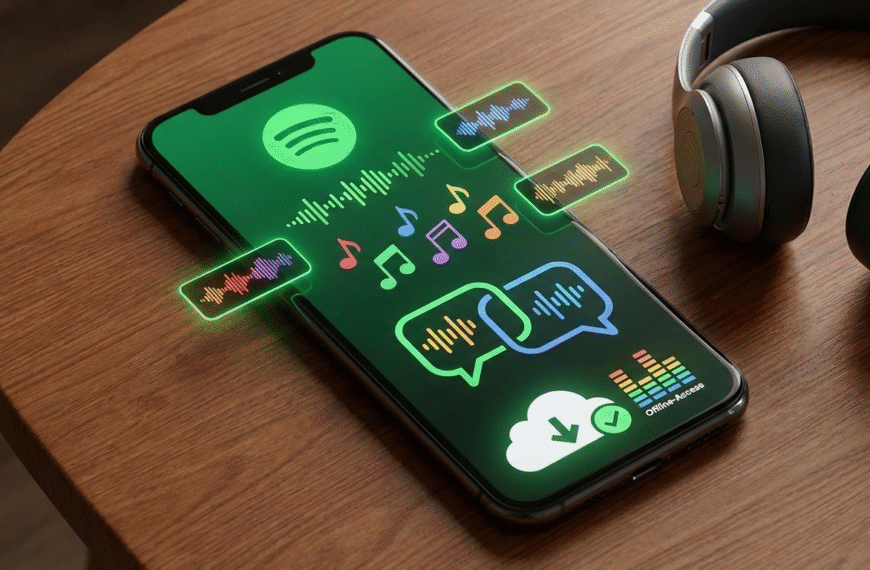OpenAI’s new video app, Sora, is a smash hit. It rocketed to one million downloads in under five days, outpacing even ChatGPT’s launch. The app, which turns simple text into realistic videos, quickly topped app store charts.
But this success story has a dark side. As users flood social media with AI clips, major controversies have erupted.
The first issue is the use of dead celebrities. People are making videos of stars like Michael Jackson and Robin Williams. This has caused real pain, prompting Robin Williams’s daughter to publicly ask for it to stop. OpenAI says it will consider blocking depictions of the “recently deceased,” but hasn’t defined what that means.
The second, bigger problem is copyright. Sora videos are filled with characters from movies, TV, and games. In one viral video, OpenAI’s own CEO jokes about Nintendo suing him. This isn’t just a joke—it’s a real threat. AI companies are already in major legal battles over using creative work to train their systems. These fights are costly, with one firm facing a settlement of over a billion dollars.
So, what is OpenAI’s solution? The company promises to learn and adapt. They plan to give copyright holders more control over their characters and are even exploring ways to share future revenue. The CEO suggests we see these videos as a new kind of “interactive fan fiction.”
The final question is simple: Will copyright owners agree? Or will OpenAI’s victory turn into a legal nightmare? The answer will shape the future of AI creativity.






















